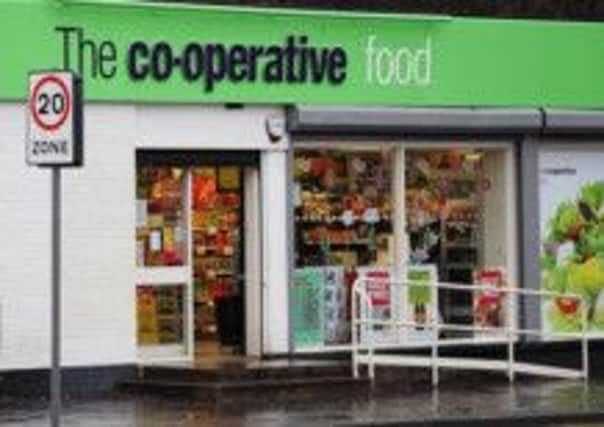Members back shake-up at crisis-hit Co-operative


At a special general meeting in Manchester, the Co-op said 83 per cent of votes were cast in favour of proposals drawn up in the wake of a disastrous period last year when £2.5 billion losses were racked up.
The plans include reform of the food-to-funerals group’s board structure, with elected directors largely replaced by professional business people.
Advertisement
Hide AdAdvertisement
Hide AdThe new governance structure includes the creation of a smaller board of directors and a move to a one-member one-vote system.
Co-op chairwoman Ursula Lidbetter said yesterday’s vote was “a momentous and defining moment” for the group.
She added: “These reforms represent the final crucial step in delivering the change necessary to return the group to health. This will strengthen the society and enable us to move forward.” An earlier poll in May saw the key principles behind the changes win unanimous backing, although the reforms have faced some resistance from within the Co-operative movement.
More than 500 people signed a petition, launched by Co-operative Business Consultants and backed by film director Ken Loach, saying the reforms were “directly opposed to the co-operative principles of democratic member control”.
The changes to the constitution required the backing of a two-thirds majority. At their heart were plans for a slimmed-down board of 11 directors with “high standards of competence” to oversee its running.
The proposals were produced following a review by former City minister Lord Myners though they water down his recommendation to purge the board of elected directors, instead opting to keep three chosen by the group’s membership.
The rest of the board will consist of an independent chairman, five independent non-executive directors and two executive directors including the chief executive.
Some opponents say they are “alarmed” by a rule change preventing members from making further changes to the governance of the group, without the agreement of the board and, they say, “tying the hands of members for generations”.
Advertisement
Hide AdAdvertisement
Hide AdBut others say the changes do not go far enough. Lord Myners has said they fall short of his proposals but acknowledged they “represent significant progress in the right direction”.
The Institute of Directors said in response to the plans, published earlier this month, that without an entirely independent board “there remain concerns about how much independent oversight the board will be able to exercise”.
The proposals also include establishing a 100-member council to act as guardian of the group’s values and to hold the board to account, as well as a move to one-member one-vote on key matters such as the election of directors and major transactions.
Last year saw the Co-op group endure the worst crisis in its 150-year history after it was dragged down by the near-collapse of its banking arm as it discovered a £1.5 billion hole in its balance sheet.